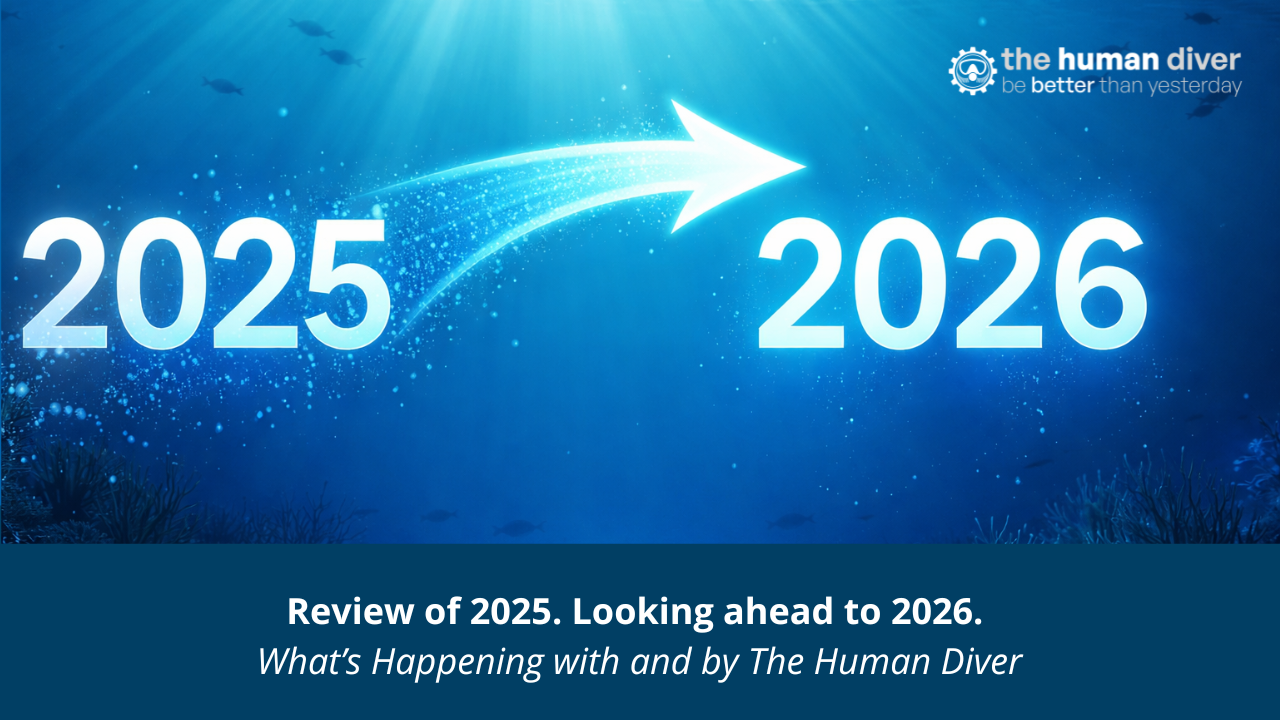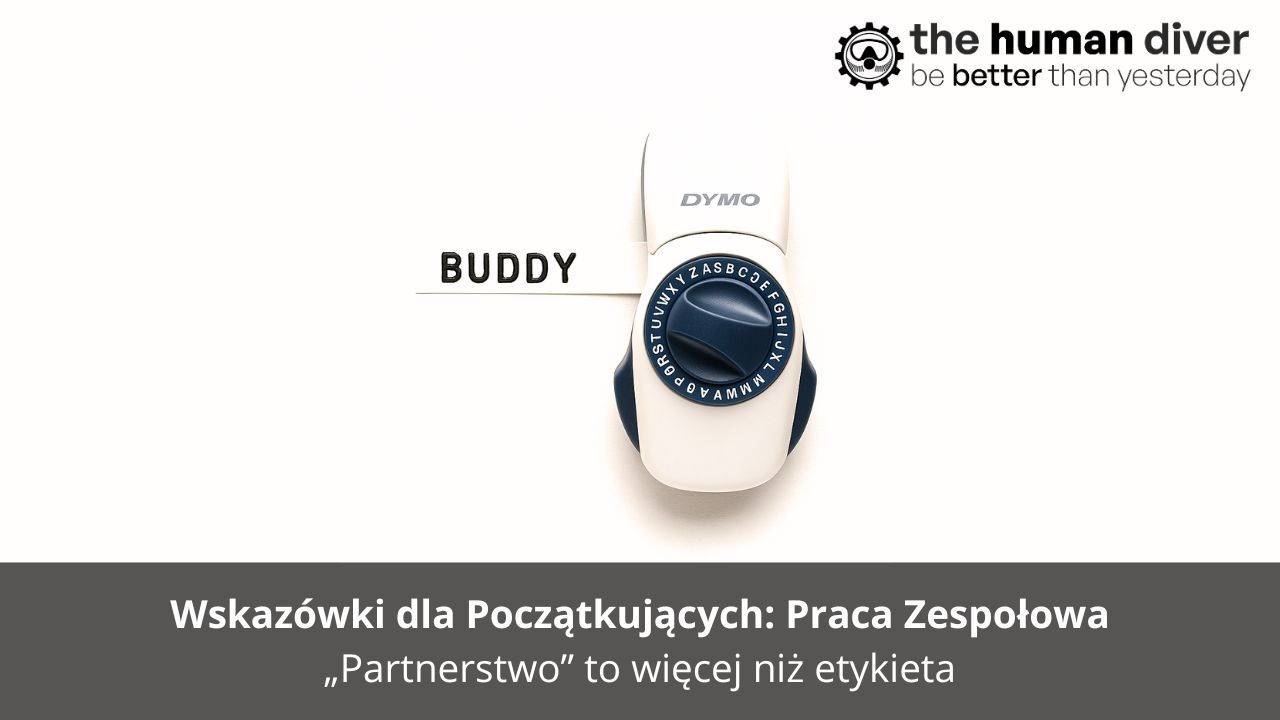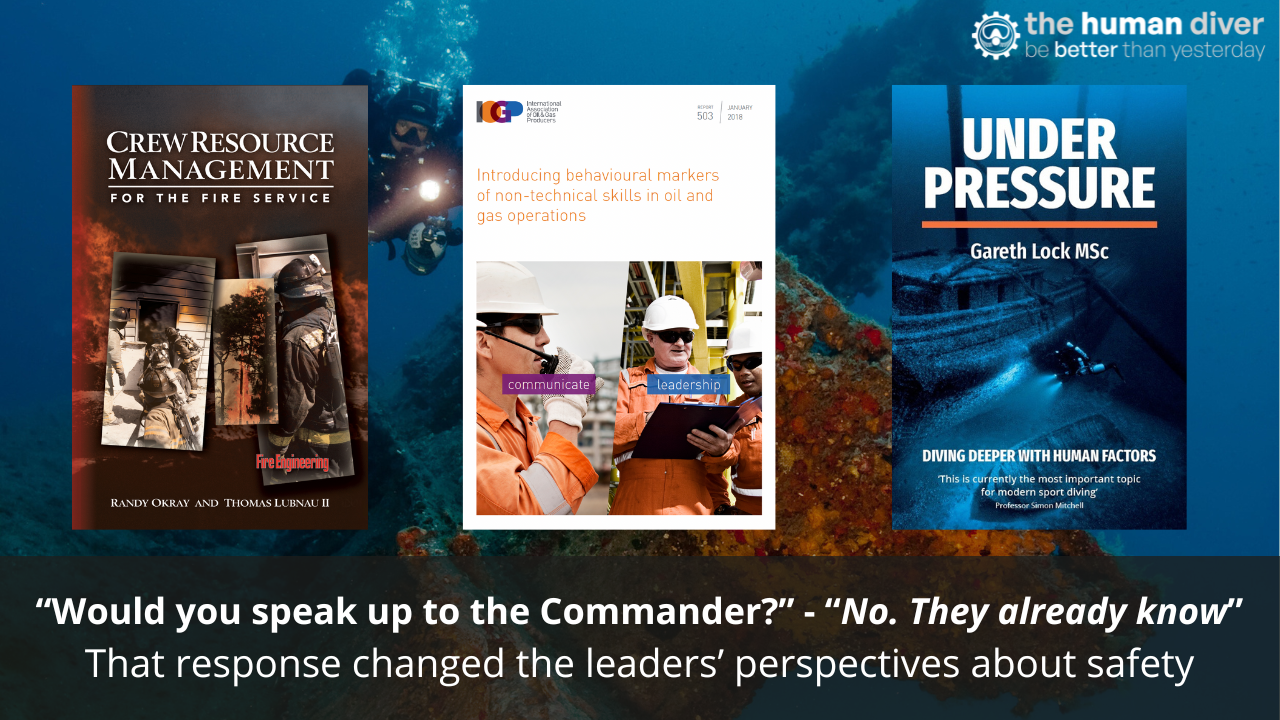
Instructor Toxicity: Why one bad apple really does spoil the bunch
May 20, 2025We often talk about safety in diving in terms of equipment, procedures, and standards. But here’s the uncomfortable truth: usually, the biggest threats to dive safety don’t come from them — they come from the divers, sometimes in the form of poor leadership.
Let me share a real situation that unfolded at a dive resort. It’s a textbook example of how bad leadership and a lack of psychological safety and just culture can turn even the most experienced instructors into safety risks — and how ignoring red flags can cost a dive operation its team, reputation, and client safety.
The Setup: A Team of Pros Under Pressure
An experienced instructor (we will call her Mary) joined what looked like a dream job in a paradisiac dive resort on an island: a beautiful hotel, seasoned instructors, each with thousands of dives under their belts and a trained staff. They were smart, confident, and deeply committed to their students and guests.
When she arrived, the dive shop manager was on vacation and the senior instructor took the responsibility of introducing her to the rest of the staff and their standards, procedures and ways of doing things. He was with her most of the time, supporting and helping her through her tasks until she was comfortable.
After two weeks, what started as a dream job quickly soured when the dive centre manager returned from vacation. The team’s behaviour shifted overnight — instructors stopped taking initiative, and staff avoided the manager entirely. On her first day with him, Mary was publicly singled out and assigned the most difficult clients while the manager yelled from his office in front of guests.
It became clear this kind of verbal abuse was routine. When Mary asked the other female instructor about it, the reply was bleak: “That’s just how he is. The last instructor who pushed back got fired. I have not yet left because I have nowhere to go.”
Things escalated. The manager began "supervising" Mary on the boat daily — using the opportunity to make repeated, unwanted physical contact. The same was happening to the other female instructor. Mary confronted him directly, but he brushed her off with, “This is my operation, I run it my way.”
When she reported it to the general manager, he admitted others had complained before but asked her to “cut him some slack.” Meanwhile, the harassment worsened. Mary and her colleague avoided the manager as much as possible, even sharing a room for safety.
The stress took its toll, and what began as a problem for the instructors became a safety issue for the guests. Mistakes piled up: tanks went out empty, gear was forgotten, guests entered the water with their cylinders closed, and briefings became rushed. Guests noticed. Feedback tanked. Eventually, Mary had had enough and left for another job, and helped her colleague do the same. Within a month, the dive centre was understaffed and overwhelmed.
Only then did the general manager act. The manager was quietly transferred to another resort in the same chain, and the senior instructor was promoted. But the damage had been done — it took months to recover, and the resort racked up negative social media reviews.
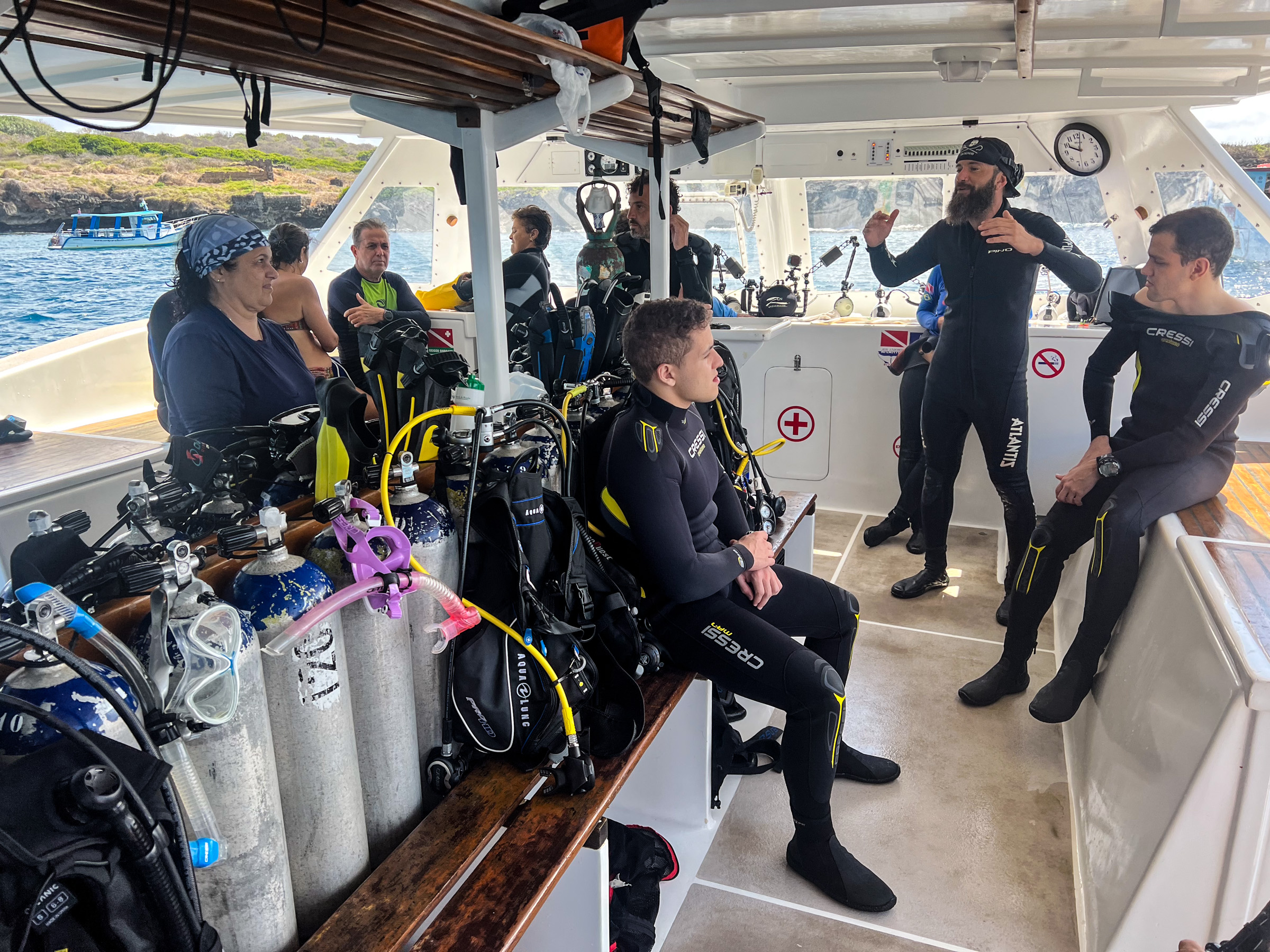
What Happened and the Role of Leadership
In any organisation, leaders are responsible for fostering psychological safety and a just culture. These are not luxury, they are a necessity.
Psychological safety is a cornerstone of effective teamwork and performance. It isn’t about being nice; it is about creating a space where people feel comfortable speaking up, admitting mistakes, and seeking help. When this environment is missing, especially in high-risk domains like diving, stress increases, confidence diminishes, and people shut down.
And that’s exactly what happened. All three instructors started making mistakes — not big, dramatic ones, but small errors they would never have made under normal circumstances. They second-guessed themselves. They hesitated. Their confidence was gone. They even began feeling unsafe leading dives. Clients and staff noticed these.
Stress isn't just a feeling. It’s a cognitive load. It eats into the brain’s ability to process information, anticipate risk, and make fast, clear decisions. And when that stress is coming from your own team leader? It’s even worse.
They reported the situation to the general manager of the resort, and nothing happened. The problems were not addressed, and the manager was not held accountable for his actions, as a just culture did not exist in the organisation. The toxic behaviour continued. Morale collapsed.
The Leadership Wake-Up Call Came Too Late
One by one, within a few weeks, two of the instructors and an important member of the staff quit and moved to other dive centres.
It wasn’t until only one instructor was left, suddenly responsible for all divers at the resort, that the general manager acted. The manager was dismissed from his leadership position, and the remaining instructor was promoted.
Problem solved? Not quite. Instead of firing the toxic lead instructor, the company transferred him to another nearby resort, and surprise-surprise, the same problems started to show up there too.

The Lessons Underneath
This isn’t just a story about one bad boss. It’s a lesson in how leadership, culture, and human factors intersect, and how ignoring early warning signs can snowball into operational failure and safety risk.
Here’s what we can take away:
- A toxic leader can degrade the performance of even the best professionals, and quickly.
- Psychological Safety and Just Culture are critical elements for safe operations, not perks or discretionary concepts. Without them, error rates go up and confidence goes down.
- Organisations need accountability, not relocation plans. Moving toxic leaders elsewhere is like closing a hole in a ship with duct tape.
- Listening early matters. If the GM had acted on the first report, the team might still be together, and divers better served.
If you’re running or managing a dive operation, or if you’re part of a team, remember that leadership isn't about rank. It’s something that you build, not just a title. It requires specific skills, especially non-technical ones. Some people are natural leaders, some learn and apply the required skills, and some may never be good leaders.
Unfortunately, in the diving industry, we still have ‘leadership’ courses that do not teach leadership skills to the instructors. You will see cases like this all around the world, and It is all part of a culture that needs to change if we want to have better, safer diving.
Every diver can do something to change this. Sooner or later, we all end up in a leadership role, even if it is for a few hours. If you are a leader in a diving organisation, being a better leader will make you stand higher in the crowd, and your customers will notice this. If you are not a leader yet, being prepared will give you a bigger chance of success when that happens.
Down there, 30 metres below the surface, you don’t rise to the level of your certifications. You sink to the level of your training — and your team culture. Be better than yesterday by investing in yourself and your team when it comes to developing your leadership skills.
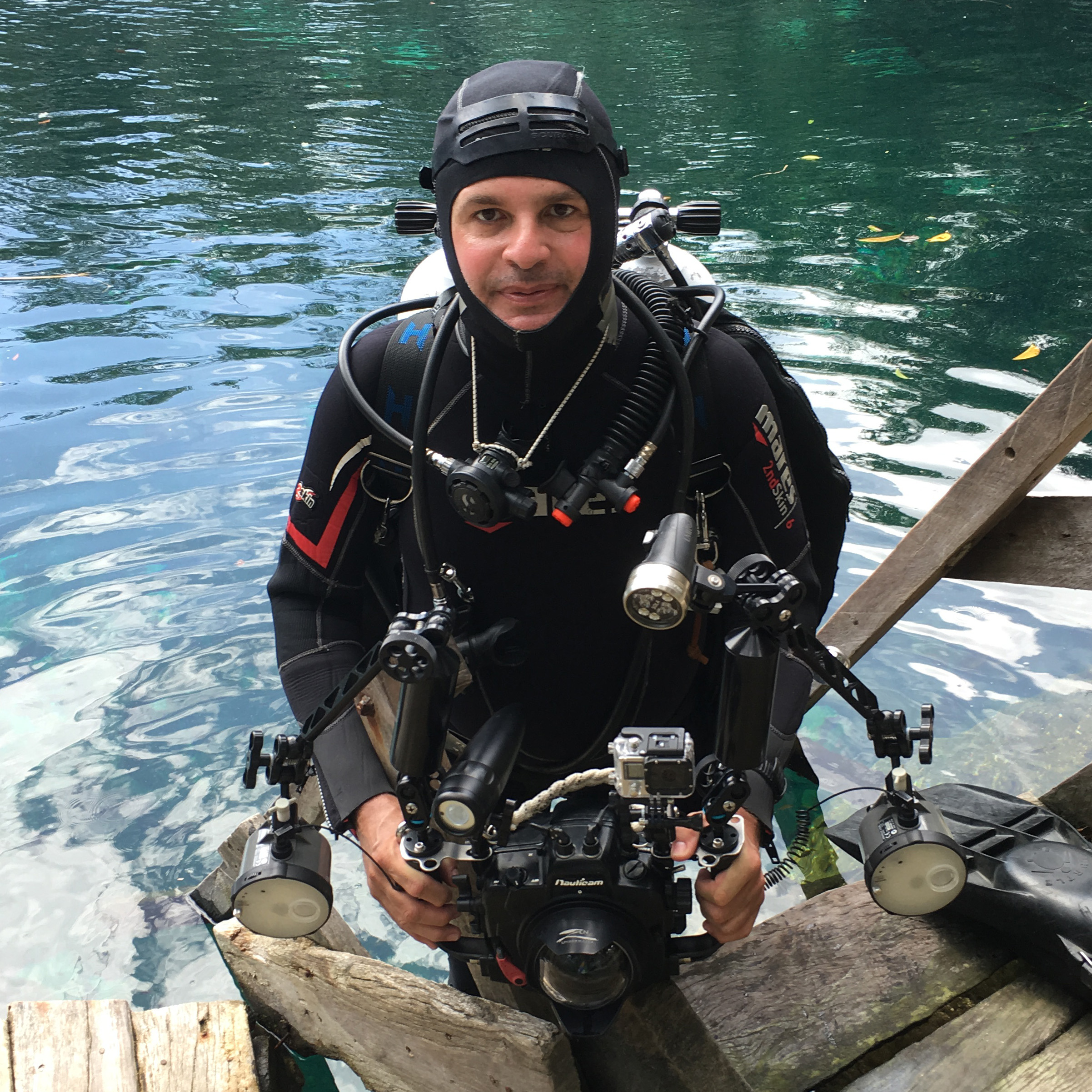
Pedro Paulo ‘PP’ Cunha graduated in naval engineering and has worked for over 35 years in the management of mission-critical IT operations in major financial institutions. He has been diving since 1983, is a photographer, and a technical CCR diver. He has been an instructor since 1986, and was one of the first technical diving instructors certified in Brazil (1995).
In 2020, he began learning about Human Factors and Non-Technical Skills in Diving with Gareth Lock, becoming fascinated by the subject and continuing his studies until graduating as an instructor with The Human Diver in 2023. Since then, he has been teaching courses and seminars in Brazil and abroad on the topic, aiming to promote diving safety and learning through incidents and accidents, as well as offering training in the field for companies involved in high-risk activities.
If you'd like to deepen your diving experience, consider the first step in developing your knowledge and awareness by taking the Essentials of HF for Divers here website. If you're curious and want to get the weekly newsletter, you can sign up here and select 'Newsletter' from the options.
Want to learn more about this article or have questions? Contact us.

